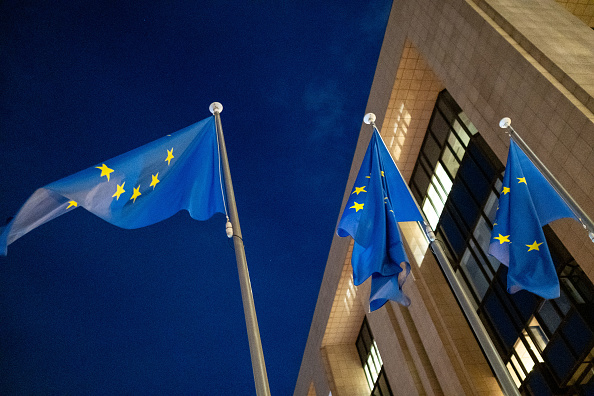The European Union (EU) has officially lifted some sanctions on Syria, marking a significant shift in its policy towards the war-torn country. The decision was made on Monday during a meeting of EU foreign ministers in Brussels, Belgium.
Key Sectors Affected by the Suspension
The EU’s decision lifts restrictions in crucial economic areas, including:
✅ Energy sector – covering oil, gas, and electricity
✅ Transport sector – including banking, reconstruction, and logistics
✅ Banking sector – lifting asset freezes on five banks and easing restrictions on the Syrian central bank
✅ Humanitarian aid – granting an indefinite exemption to facilitate relief efforts
Why Did the EU Lift Sanctions?
The policy change follows the ousting of former Syrian President Bashar al-Assad in December by insurgent forces led by the Islamist group Hayat Tahrir al-Sham (HTS). Given the political shift, the EU reassessed its restrictions on Syria, particularly in economic and humanitarian sectors.
What Sanctions Still Remain?
Despite the easing of economic restrictions, the EU has maintained sanctions related to:
🔹 Arms trading
🔹 Dual-use goods (items with both military and civilian applications)
🔹 Surveillance software
🔹 International trade of Syrian cultural heritage goods
EU’s Position Moving Forward
The EU states emphasized that they would continue monitoring the situation in Syria to ensure that the sanctions’ suspension aligns with ongoing political developments. The move signals Europe’s cautious engagement with Syria’s new leadership while keeping pressure on remaining Assad-linked authorities.
















Got a Questions?
Find us on Socials or Contact us and we’ll get back to you as soon as possible.